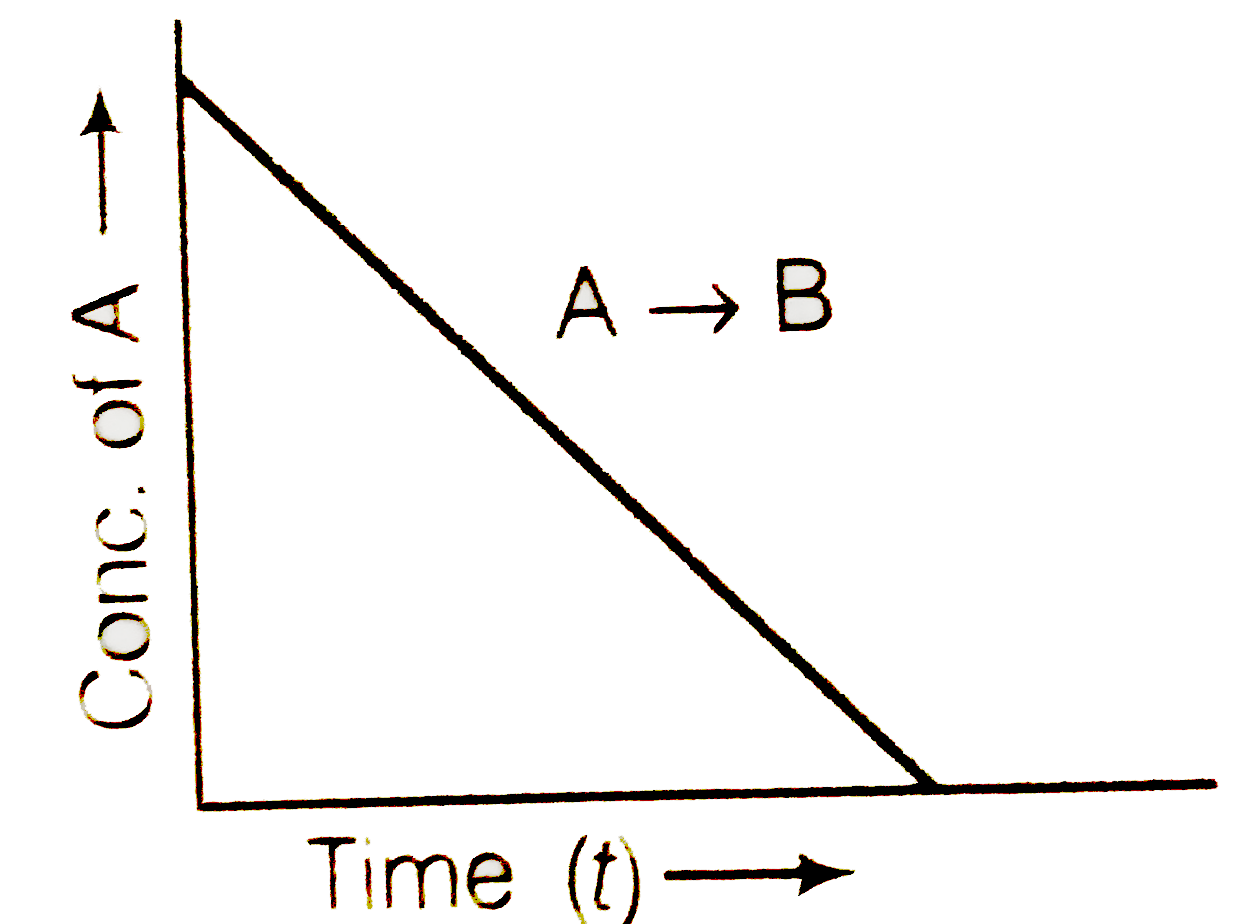Answer the following questions :
(i) Why do soaps not work in hard water?
(ii) What are the main constituents of dettol?
(iii) How do antiseptics differ from disinfectants?
(i) Hard water contains calcium and magnesium ions. These ions form insolubIe calcium and magnesium soaps respectively when sodium or potassium soaps a re dissolved in hard water.
2C17H35SopeCOONa+CaCl2→2NaCl+(C17H35COO)2Insoluble calciumstearate (Soap)Ca
These insoluble soaps separate as scum in water and are useless as cleansing agents.
(ii) The main constituent of dettol are chloroxylenol and terpineol of in a suitable solvent.
(iii) Antiseptics are the chemical substances which are used to either kill or prevent the growth of micro-organisms. These are not harmful to living tissues and can be safely applied on wounds, cuts, diseased skin surfaces. For example, dettol, savlon, furacin, soframycin, etc. Disinfectants are the chemical substances which kill micro-organisms but they cannot be applied on living tissues. Examples : Phenol and chlorine.
Topper's Solved these Questions
- XII BOARDSBOOK - XII BOARD PREVIOUS YEAR PAPER ENGLISHCHAPTER - XII BOARDSEXERCISE - C.B.S.E. CLASS-XII
54 Videos
- XII BOARDSBOOK - XII BOARD PREVIOUS YEAR PAPER ENGLISHCHAPTER - XII BOARDSEXERCISE - SET - II
12 Videos
- XII BOARDSBOOK - XII BOARD PREVIOUS YEAR PAPER ENGLISHCHAPTER - XII BOARDSEXERCISE - SET- II
10 Videos
- SAMPLE PAPER 2019BOOK - XII BOARD PREVIOUS YEAR PAPER ENGLISHCHAPTER - SAMPLE PAPER 2019EXERCISE - SECTION: D
1 Videos
Similar Questions
Knowledge Check
Soaps do not work in hard water containing calcium and magnesium ions because
ACa2+andMg2+ ion form insoluble calcium and magnesium salts in the form of scumBNa+andK+ present in soap react with Ca2+andMg2+ and hinder cleansing processCa large amount of soap is to be used in presence of Ca2+andMg2+Dscum formed by combination of Na+,Ca2+andMg2+ stick to the cloth and are not removed on agitations.
Answer the following :
(i) Why is the use of aspartame limited to cold foods and drinks ?
(ii) How do antiseptics differ from disinfectants ?
(iii) Why do soaps not work in hard water ?
View SolutionAnswer the following questions briefly and to the point:
What do detritus food chains begin with?
View SolutionHow do antiseptics differ from disinfectants ? Give one example of each type .
View SolutionSoaps do not work in hard water containing calcium and magnesium ions because
View SolutionAnswer the following questions:
(i) Why are vitamin A and vitamin C essential for us?
(ii) What is the difference between a nucleoside and a nucleotide?
View SolutionWhat are antibiotics? How do they differ from antipyretics?
View SolutionFor a general reaction A→B, plot of concentration of A vs time is given in figure. Answer the following questions on the basis of this graph.
(i) what is the order of the reaction?
(ii) What is the slope of the curve ?
(iii) What are the units of rate constant?

View Solution
